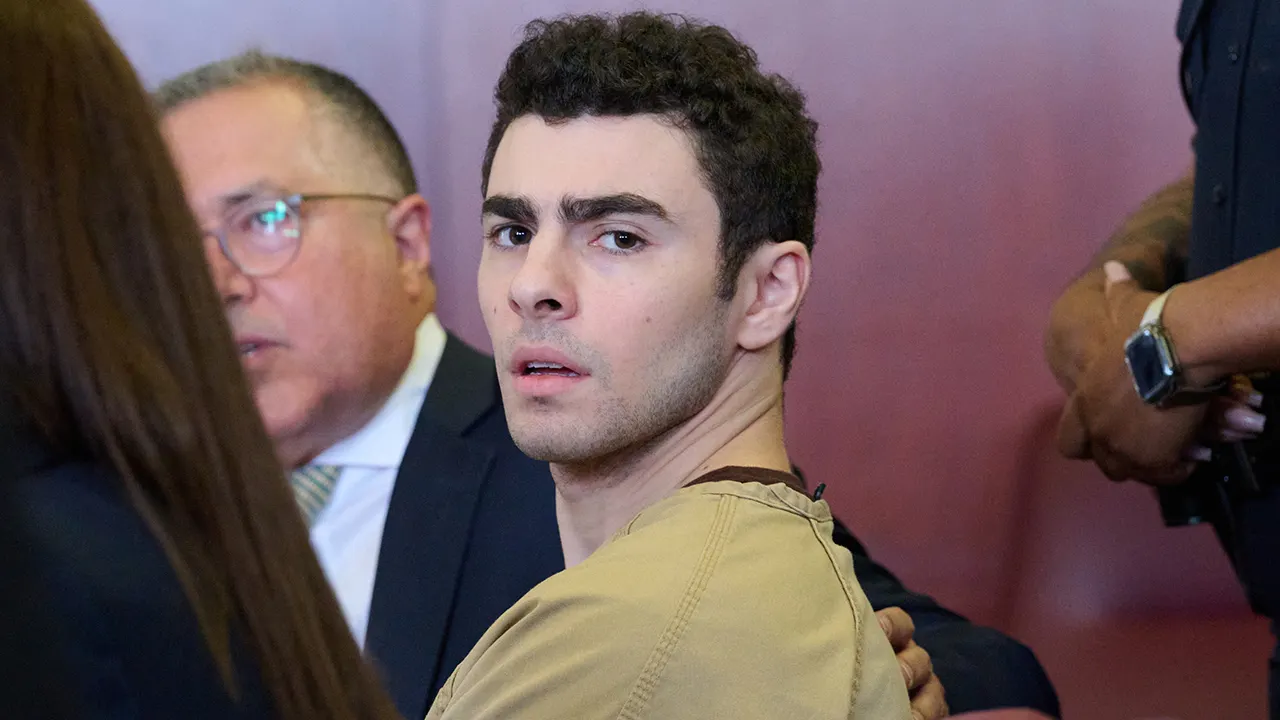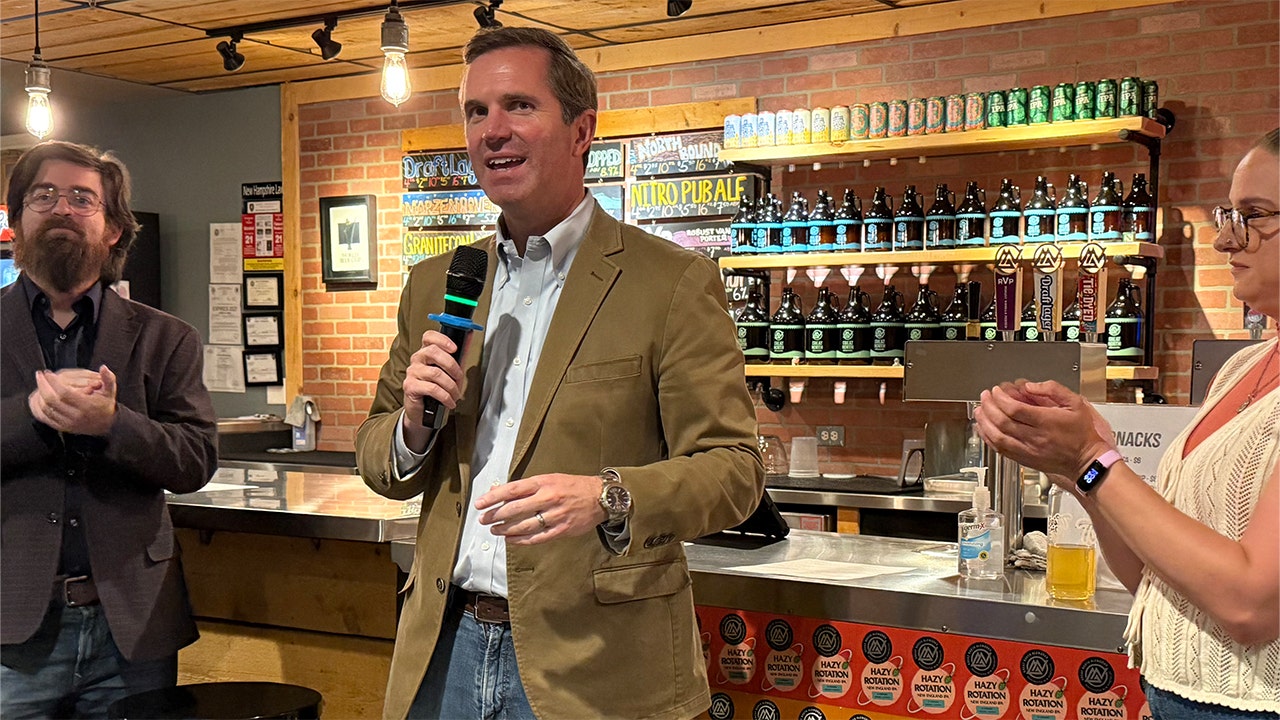Diana Buttu told listeners it was unfair that Palestinians and Hamas have to make any concessions at all
A “human rights lawyer” interviewed by NPR about a peace proposal to end the Israel-Hamas war is a former spokeswoman for the Palestinian Liberation Organization who has praised Hamas and refused to condemn the terrorist group’s Oct. 7 attack on Israel.
Diana Buttu, who last year described Hamas as a “movement for freedom,” appeared Monday on NPR’s All Things Considered to assess President Donald Trump’s meeting with Israeli prime minister Benjamin Netanyahu about a deal to end the Israel-Gaza war. Buttu, a Harvard University lecturer and board member at the anti-Israel Al-Shabaka think tank, said the United States and Israel have unilateral control over ending the war, which started after Hamas slaughtered 1,200 Israelis and took hundreds of hostages during its Oct. 7, 2023, terrorist attack.
Buttu said Trump could end the war “instantly” by “simply stopping the weapons flow to Israel” and ending diplomatic support to the Jewish state.
She claimed Hamas is open to accepting the peace proposal, a 21-point plan that calls on Israeli forces to leave Gaza and for Hamas to release all hostages—living or dead—that it took on Oct. 7. But Buttu complained that Palestinians and Hamas are expected to make any concessions at all to end the war.
“But I think the bigger issue is, why is it that Palestinians have had to negotiate an end to genocide?” asked Buttu, who teaches courses on “women in leadership” and “negotiation skills” at Harvard University.
NPR, which had its federal funding gutted this year over concerns about liberal bias, portrayed Buttu in a positive light, describing her as a “human rights lawyer” and “former Palestinian peace negotiator,” without specifying that she was negotiating on behalf of the Palestinian Liberation Organization. NPR also omitted Buttu’s defense of Hamas and Oct. 7.
Buttu, who worked for the PLO in the mid-2000s, has called the Oct. 7 attack the “natural consequence, unfortunately, of 56 years of military occupation and the denial of freedom.” In an Oct. 22, 2024, interview, Buttu praised Hamas as a “movement for freedom, for liberation,” and hailed its leader, Yahya Sinwar, after his assassination in an Israeli drone strike. “The Israelis will never understand what it means to die a hero,” she said of Sinwar.
Buttu has been accused before of serving as a propagandist for the Palestinians. In 2014, CNN’s Jake Tapper called out Buttu for pushing Hamas “talking points” to deny that the terrorist group was launching rockets into Israeli cities.
After Buttu, NPR interviewed David Makovsky, senior fellow at the Washington Institute, who served in the Obama State Department on Israeli-Palestinian peace negotiations.
Makovsky provided a more nuanced analysis of the peace proposal, neither blaming nor defending any of the participants in the negotiations. He said the deal “would achieve a lot” for both sides of the negotiation by bringing “an immediate end to the war that the world has wanted, a release of the hostages, surging aid to Gaza.”
Makovsky noted that approval of the deal is likely to depend on approval from Hamas.
Read the full article here








